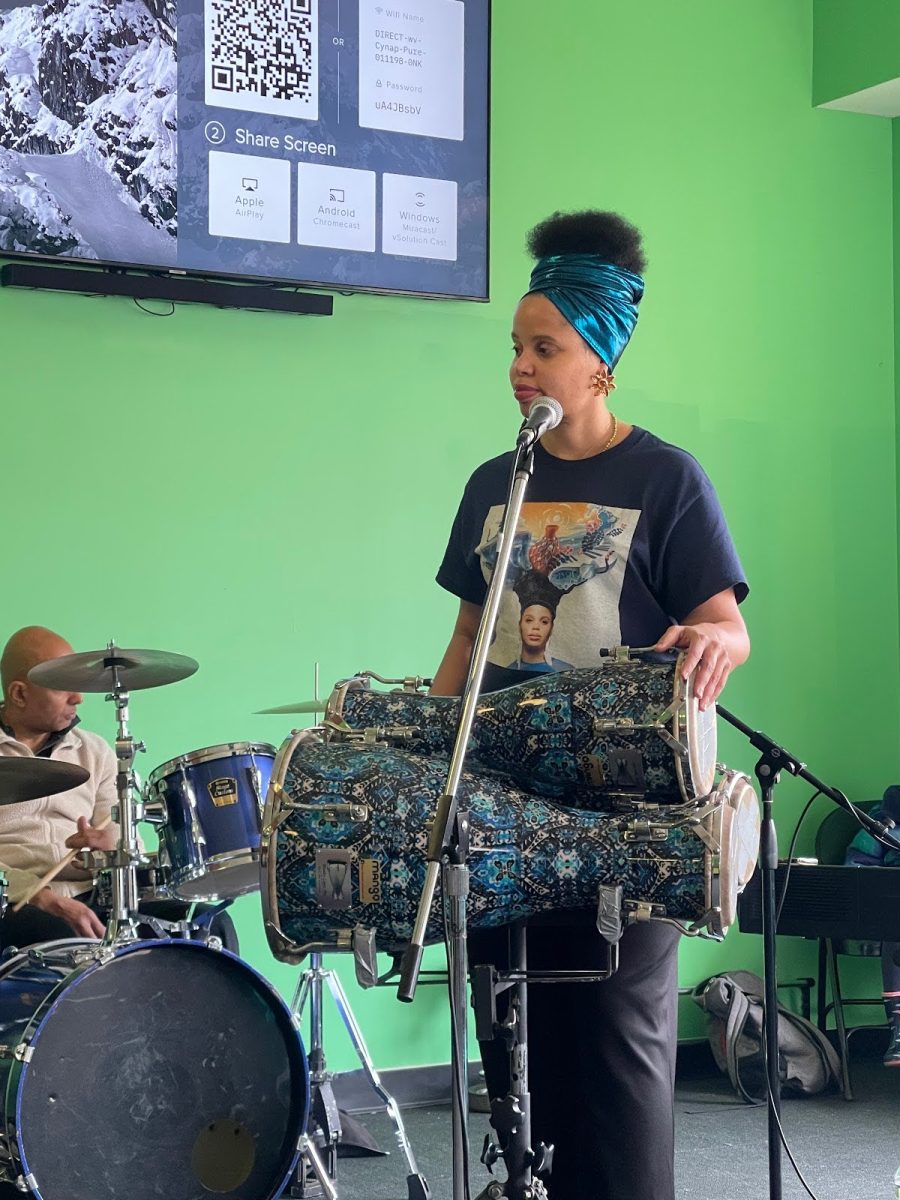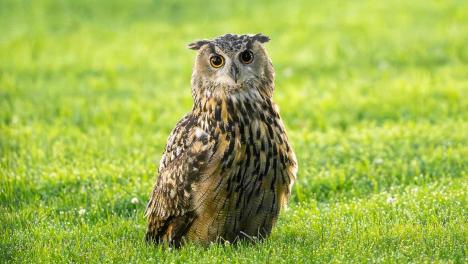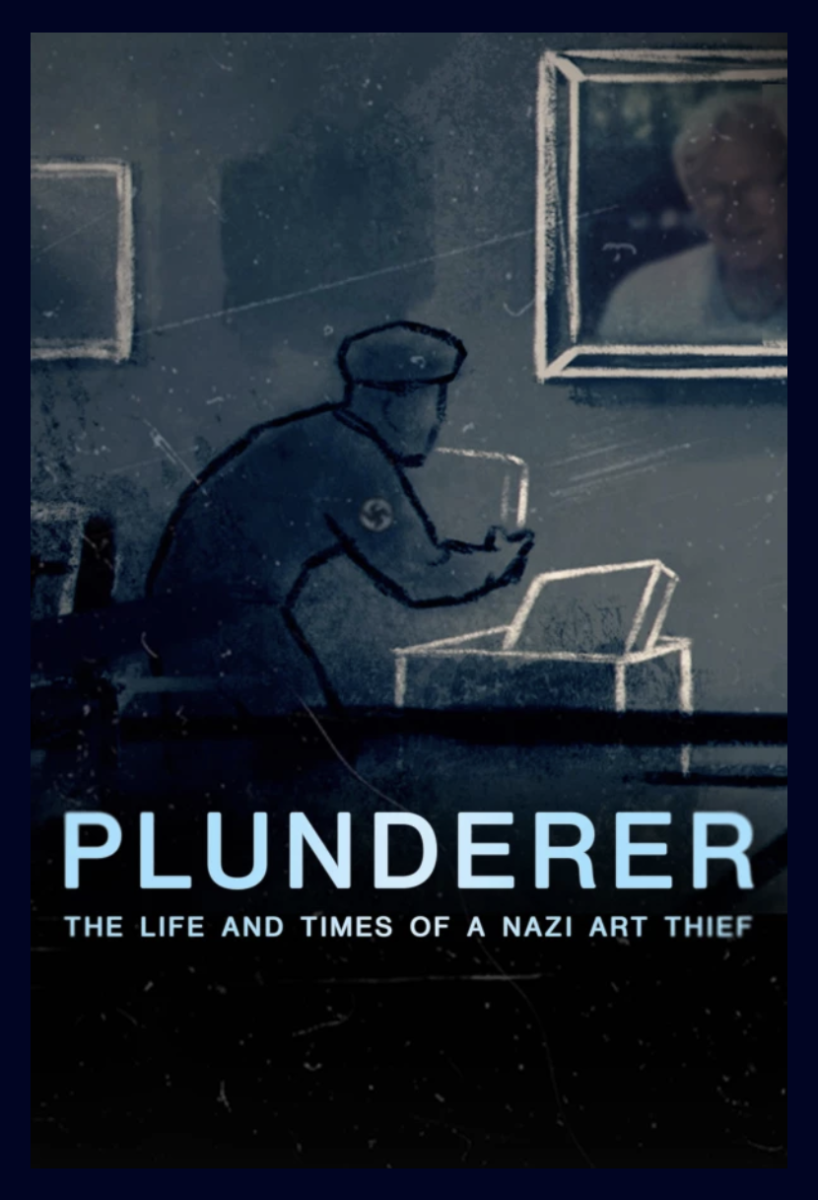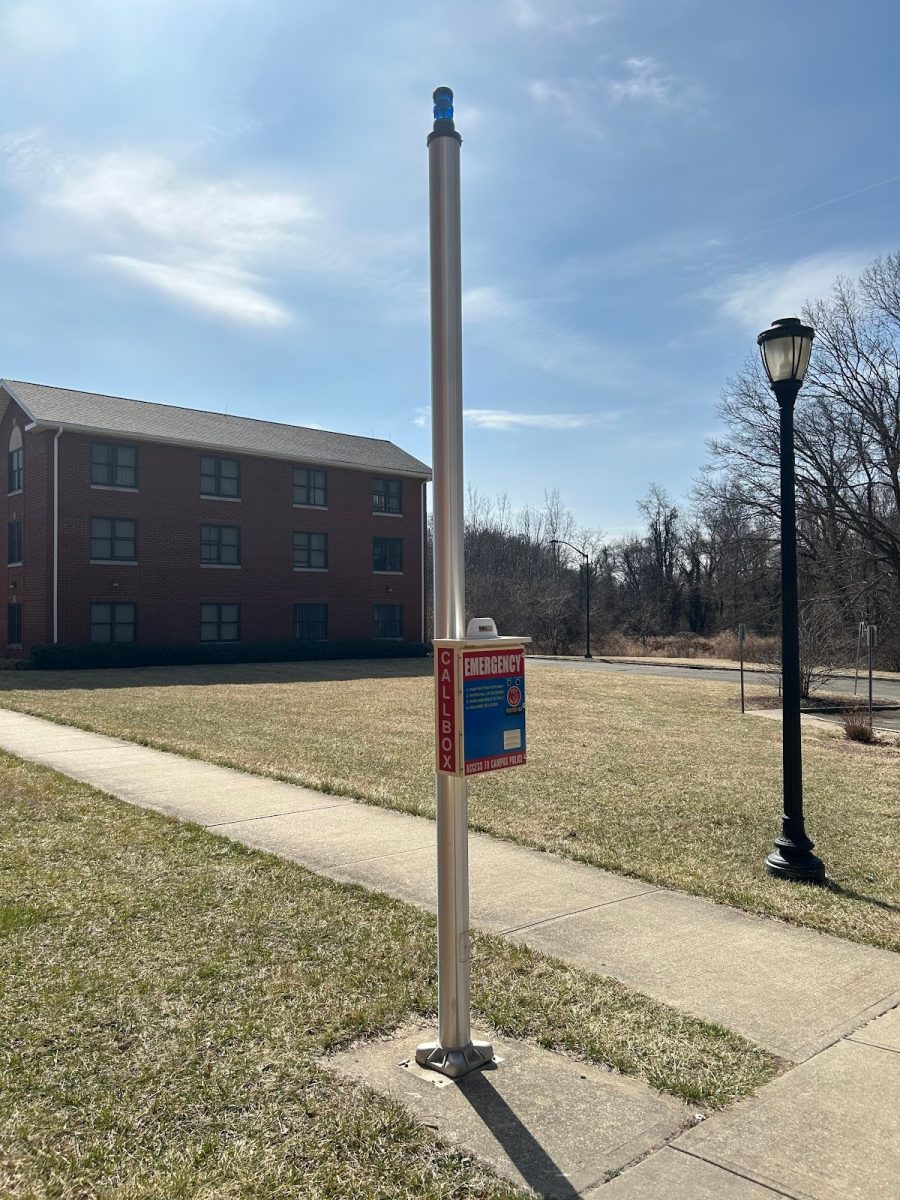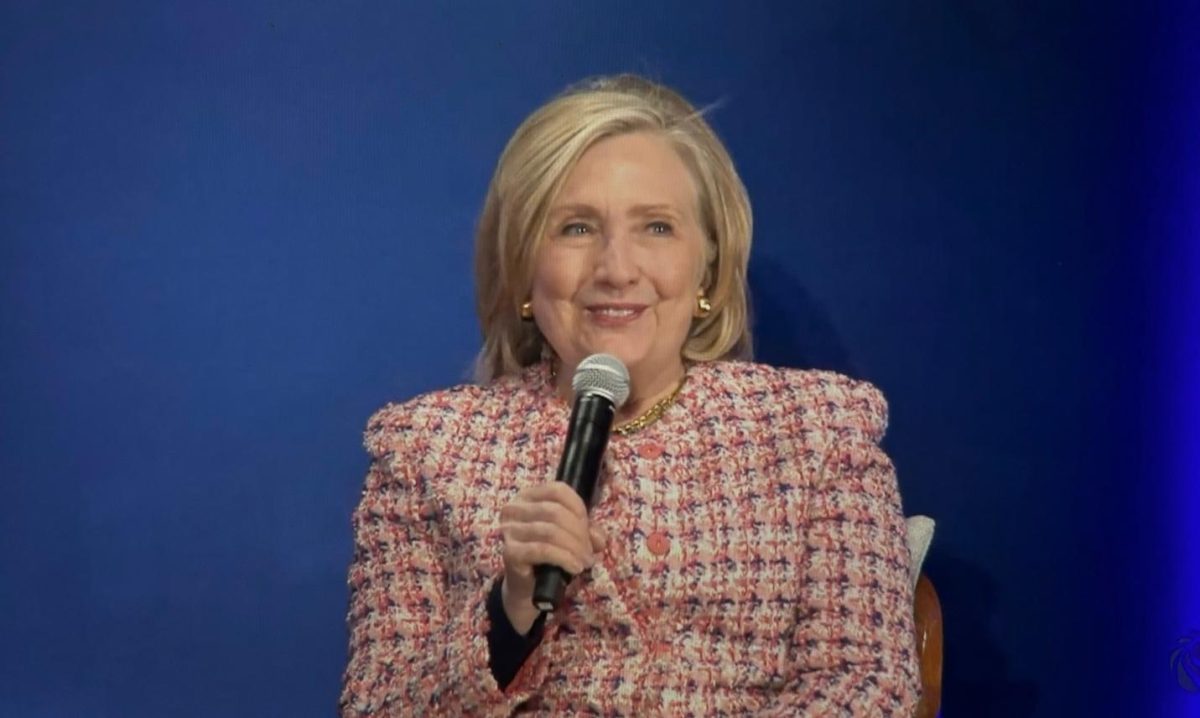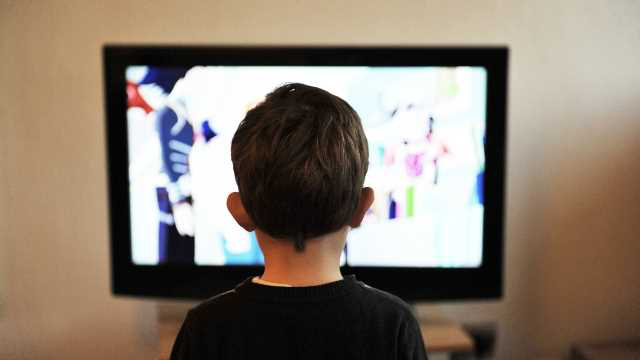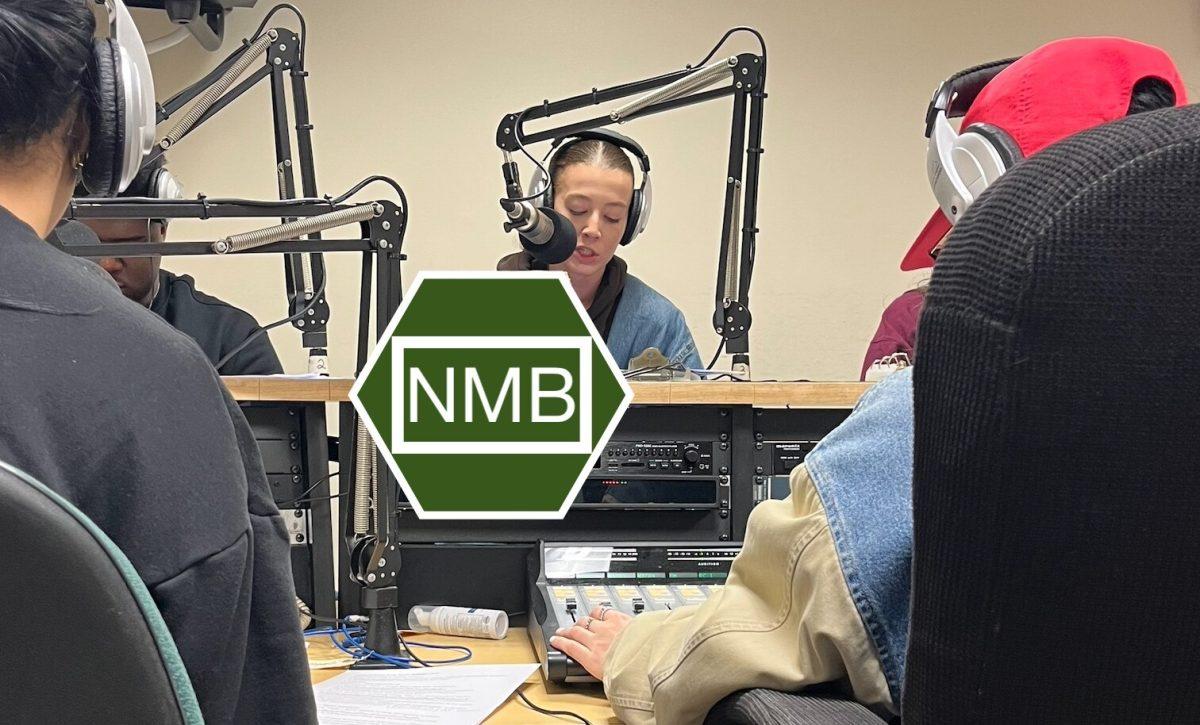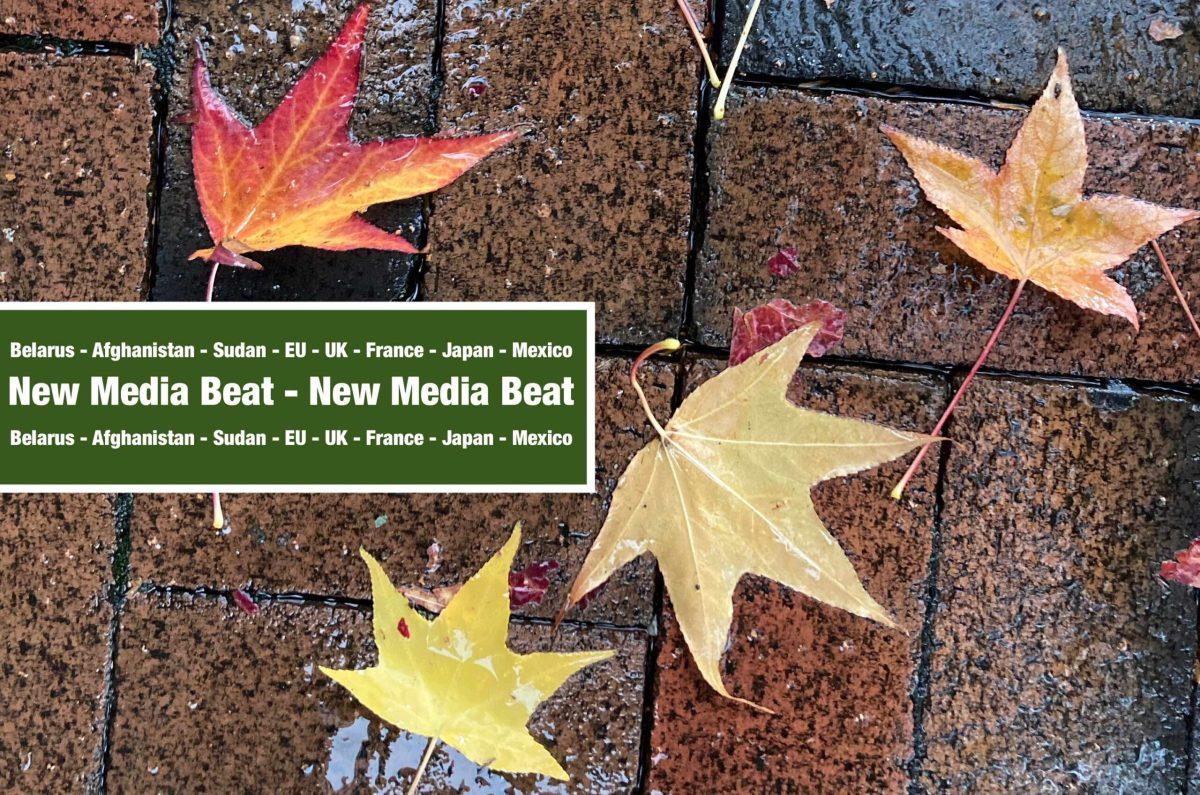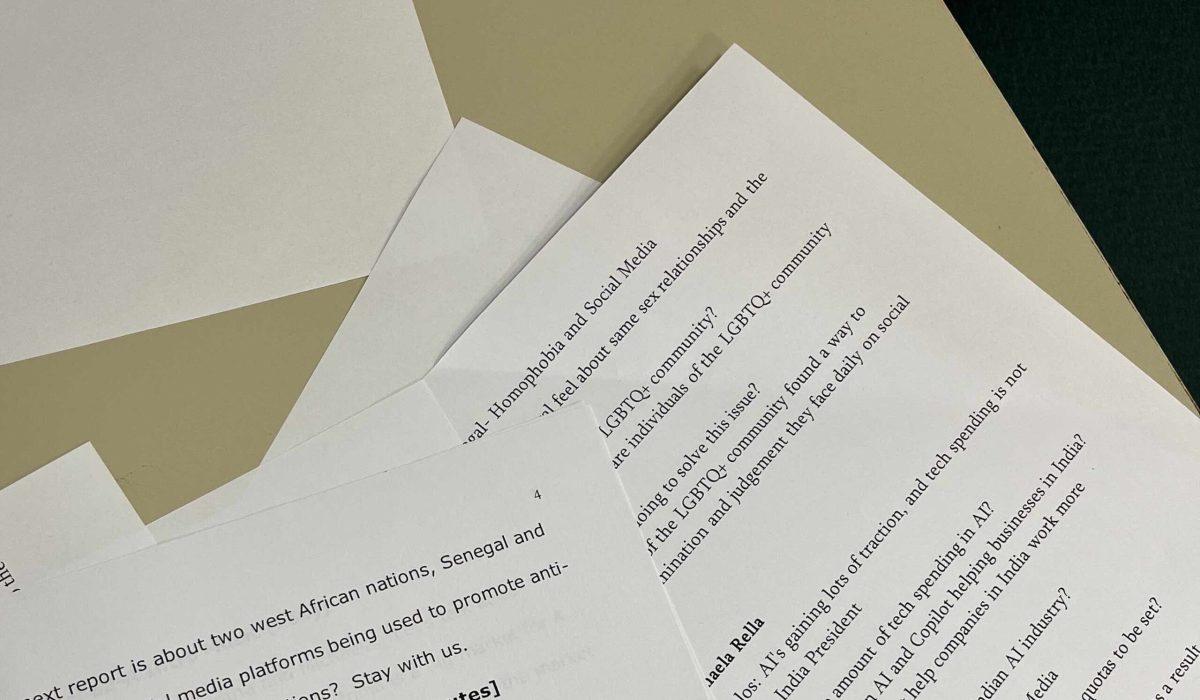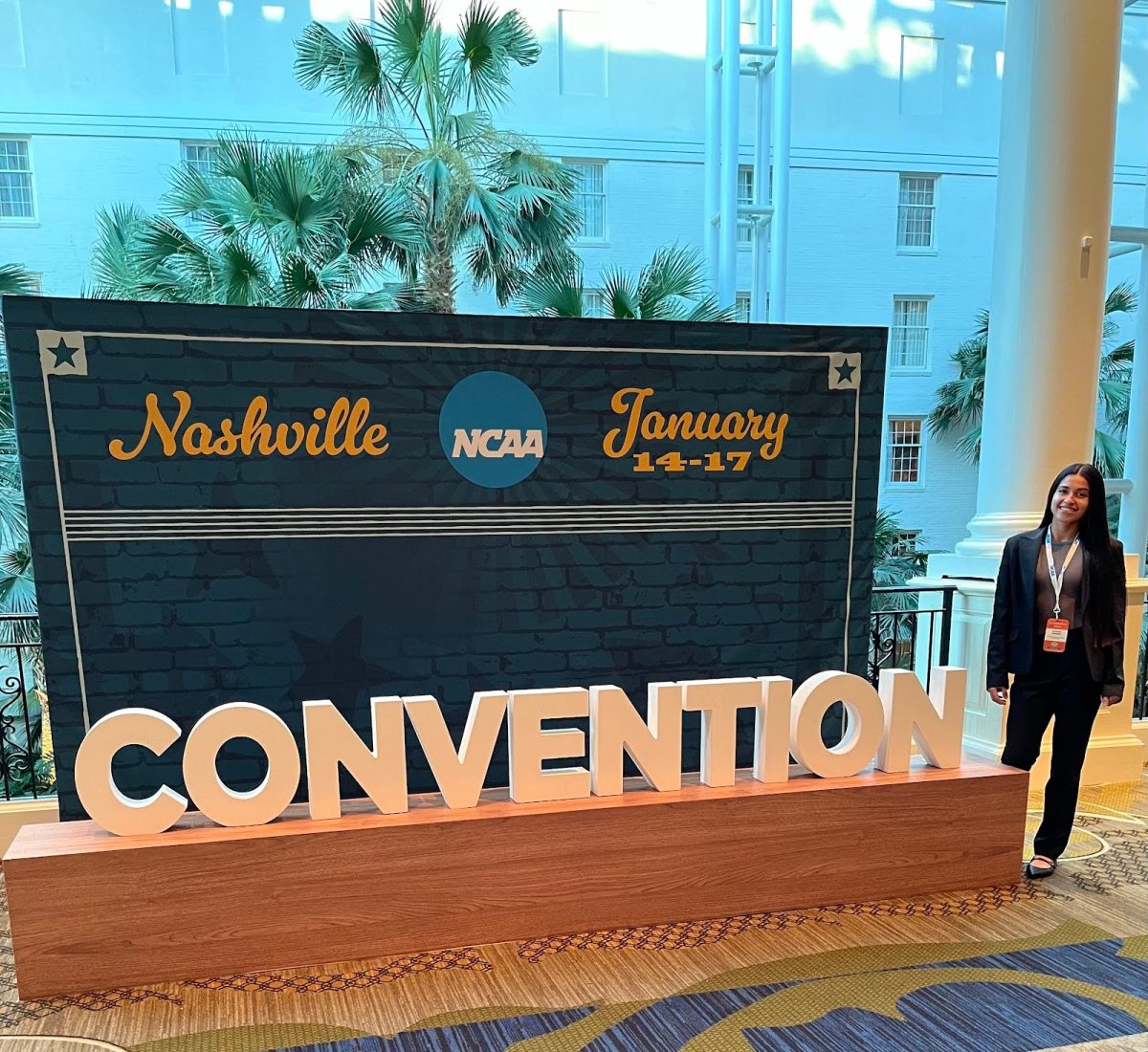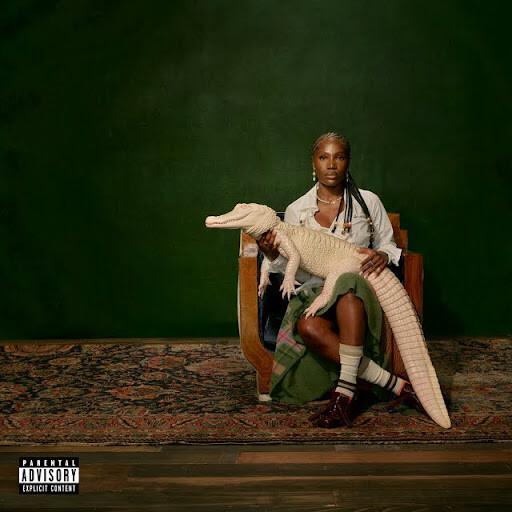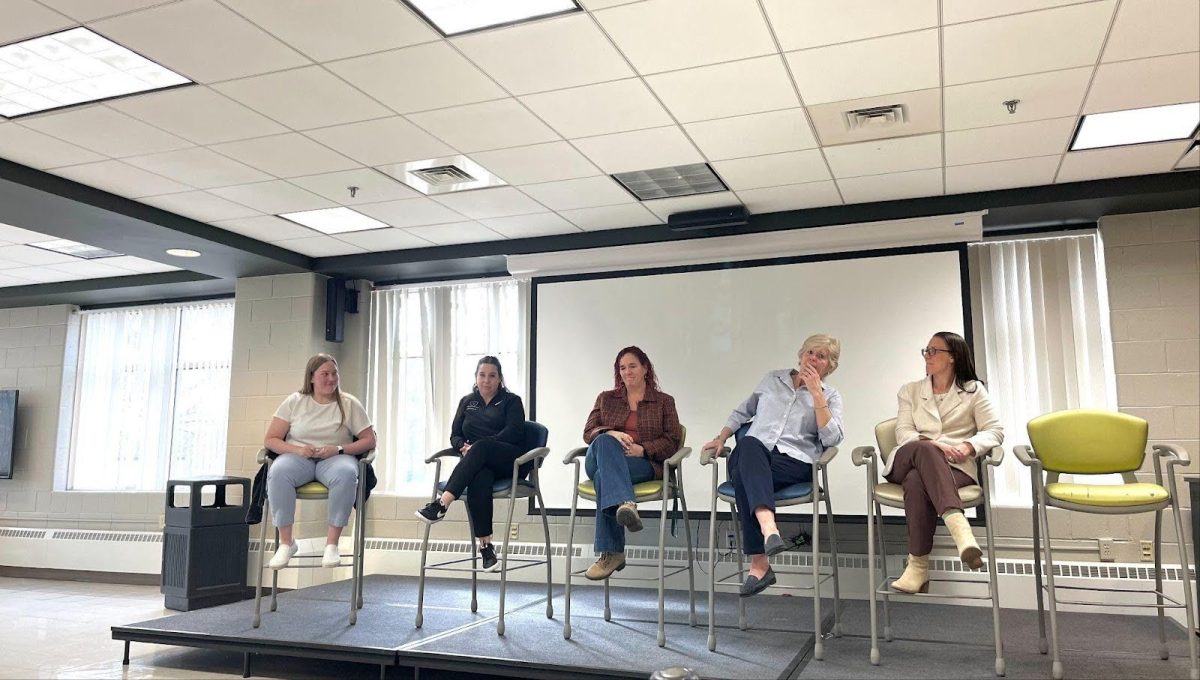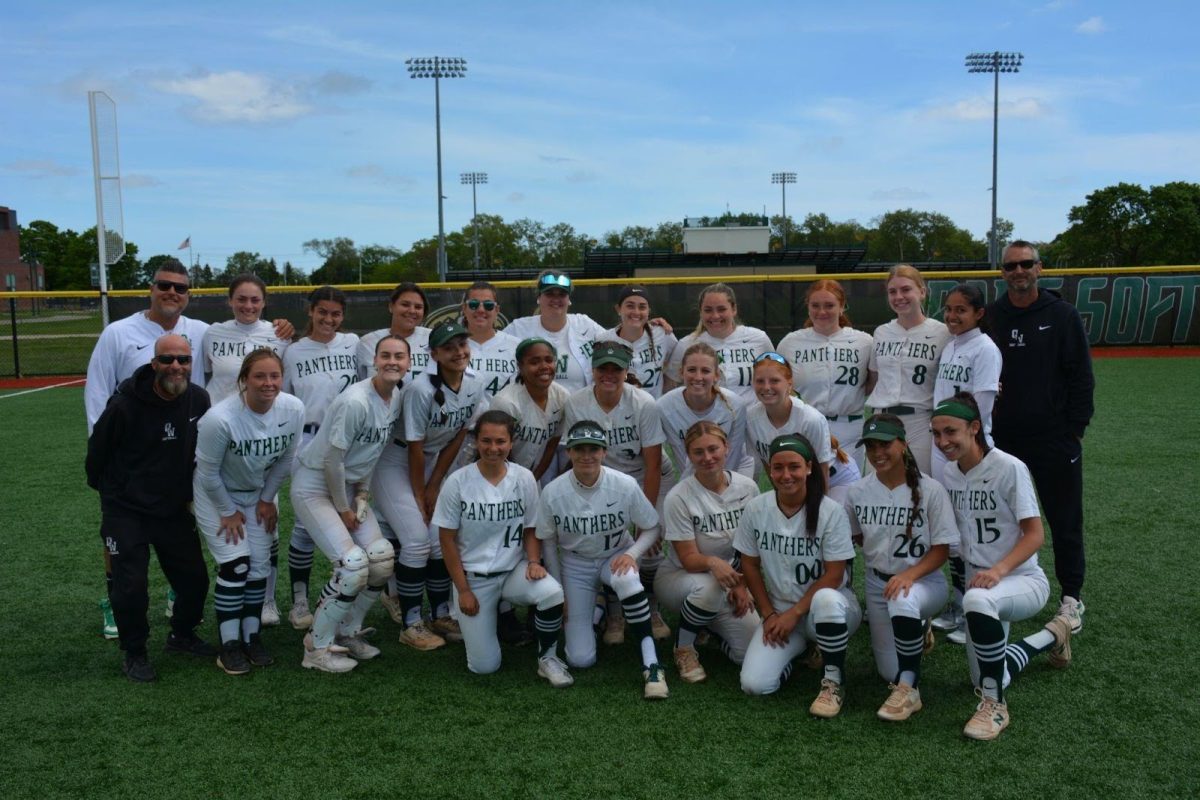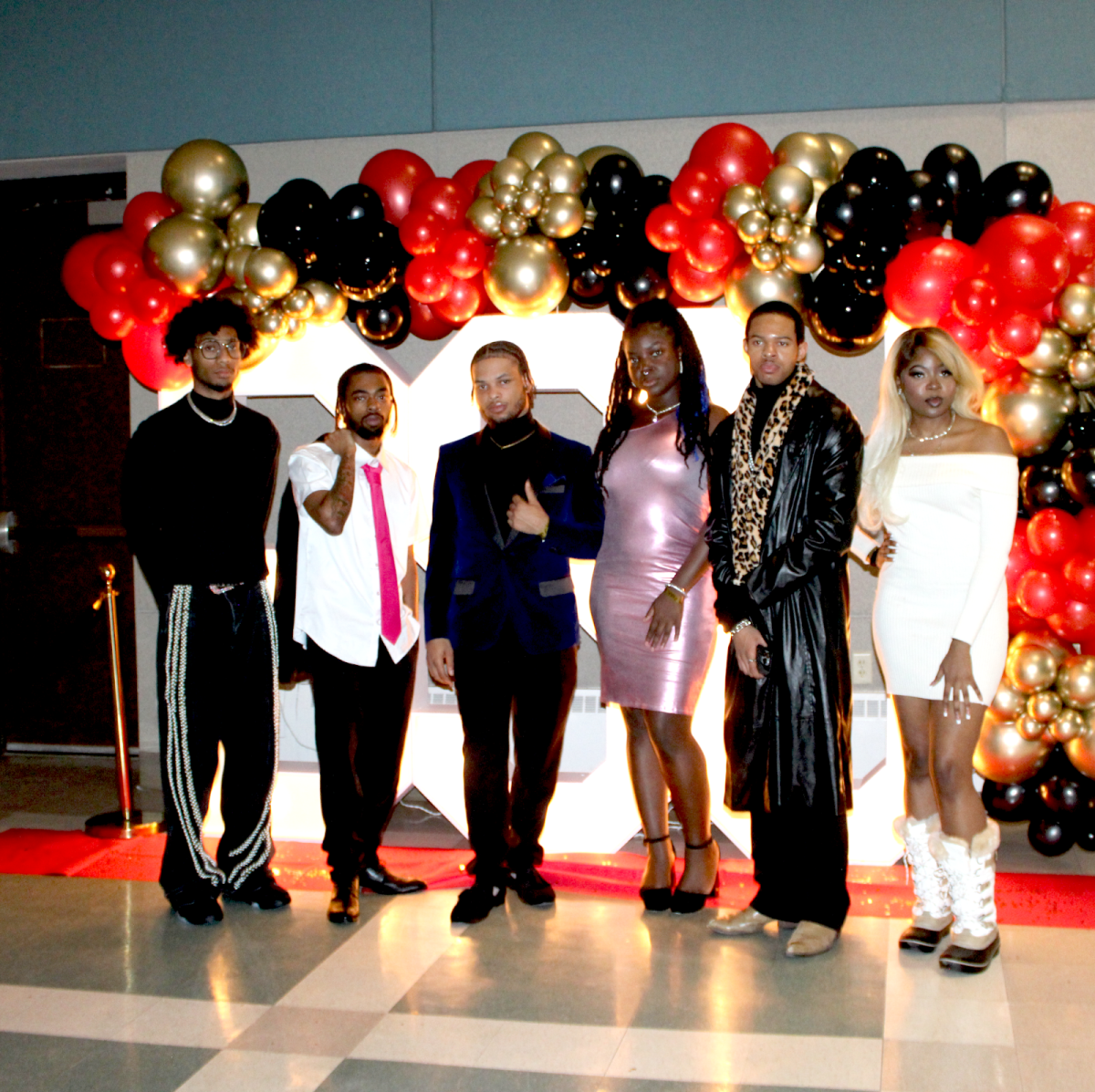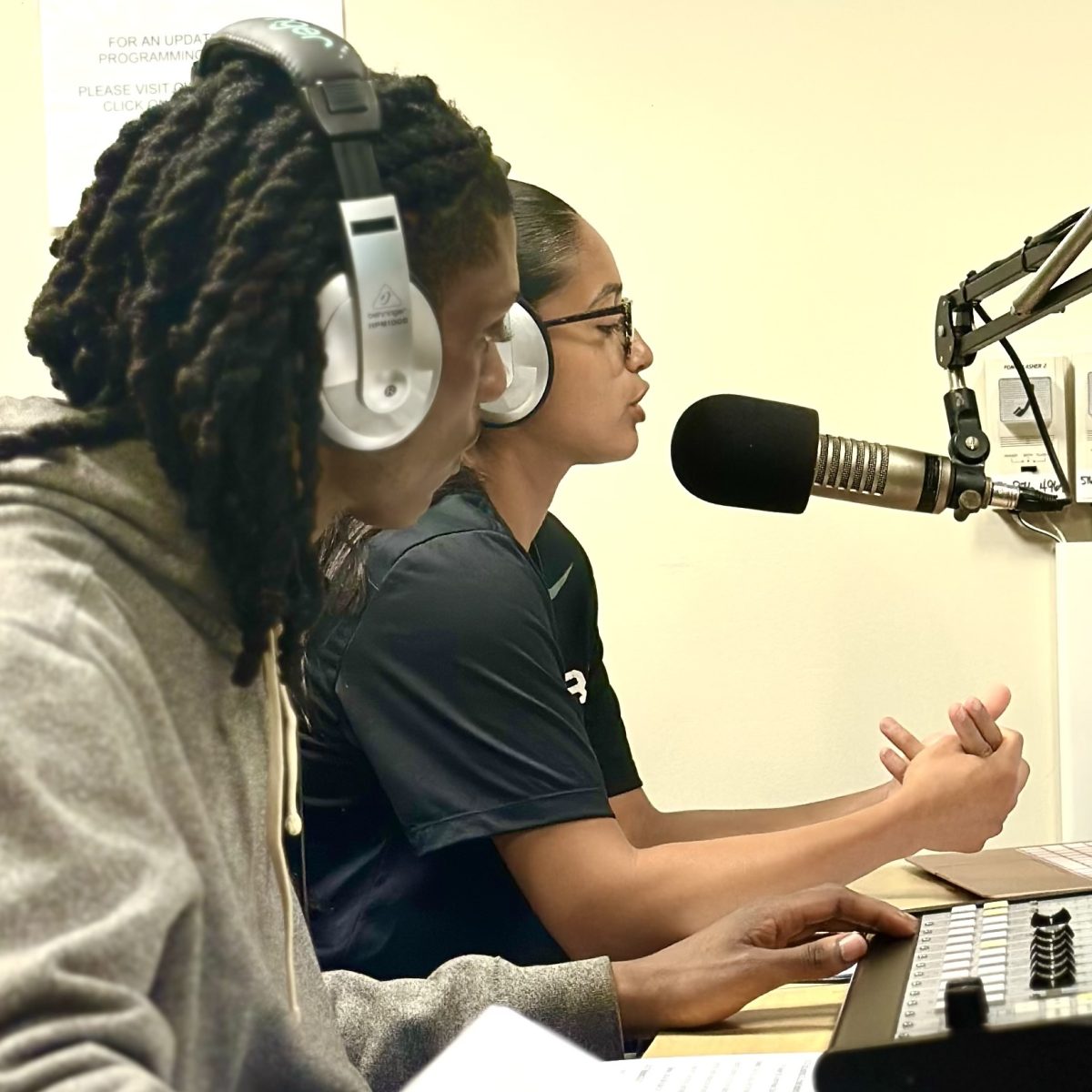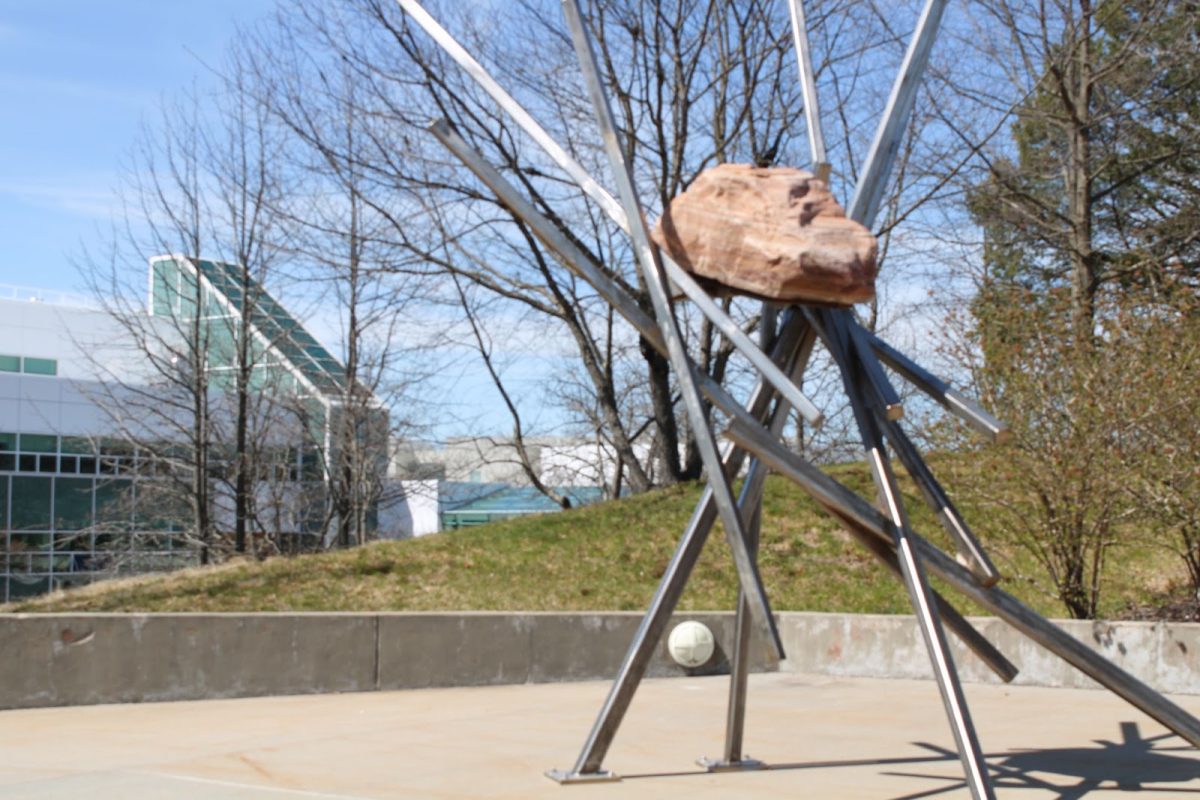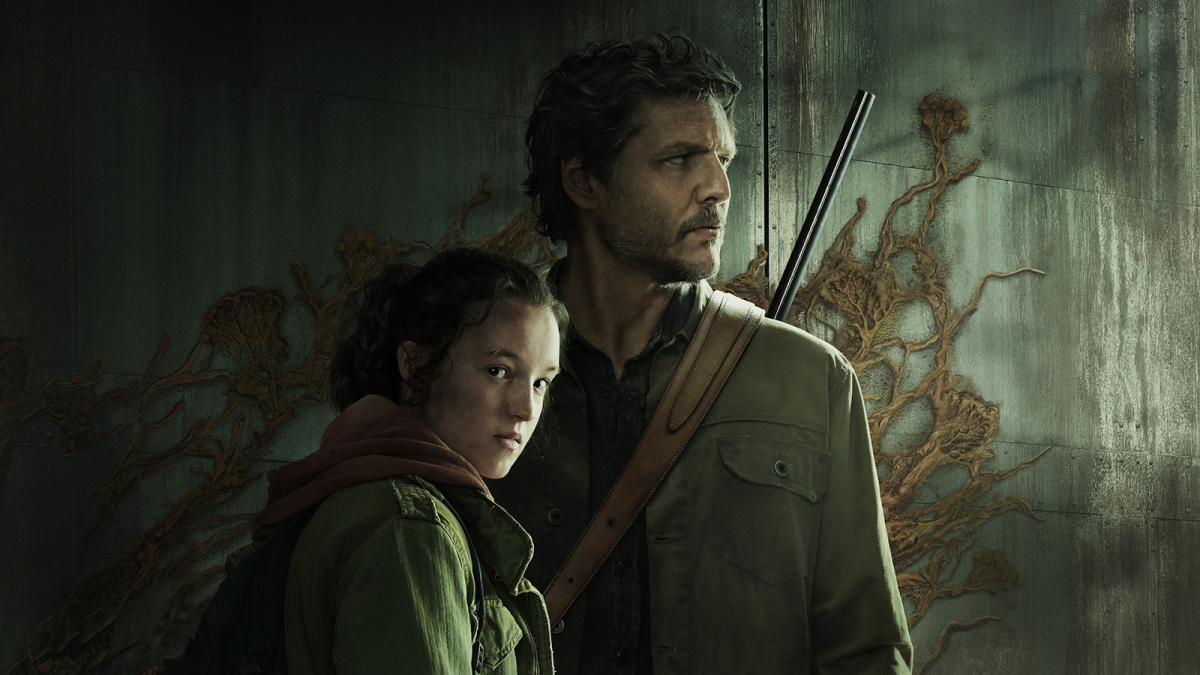
On March 12th, the season finale of the highly anticipated series The Last of Us premiered. From the debut episode, I could tell that this series was going to be good. Historically, live action adaptations and specifically live action video game adaptations have been notoriously bad. The main killer being the writing for said project completely tarnishing beloved characters. Naturally for things to be adapted, changes have to be made, however those changes can make or break the project.
None of this was the case for The Last of Us. This series is a video game adaptation from the company Naughty Dog and the mind of Neil Druckmann. It follows Joel, played by Pedro Pascal and Ellie, played by Bella Ramsey, as they traverse a post-apocalyptic, zombie-ridden America. Both the show and the game tug on the heartstrings and the emotions of the people experiencing it. Some changes were made along the way in converting the video game to a series but with proper reasoning behind it. The writing for the show is where it shines. The characters are adapted from the game, they feel like actual people. This fact is only compounded with the acting from Pedro Pascal and Bella Ramsey. They bring these characters to life, hands down. The choices they made allowed for viewers to connect to the characters whether or not they engaged with the original source material. Joel is distant and jaded from life experiences but is still complex with the nuance that he wants to be close to others. Meanwhile Ellie is the foil to him. The world around her is harsh and she is forced to mature quickly because not everyone is cut and dry.
This season is and should be the standard on how to do an adaptation. While it can stem from an original or adapted work, the project as a whole must be able to stand on its own for new people and people familiar with the work to enjoy.

